Ninety-four percent of surveyed workers worry future generations will not be equipped with adequate human skills; on-the-job observation and shadowing could close the gap, with 57% of employees wanting more of these opportunities
NEW YORK, Oct. 21, 2024 /PRNewswire/ — A new external survey released today by Deloitte zeroes in on what many employees are looking for in corporate learning and development opportunities — and where organizations might be missing the mark. The inaugural survey found that while 87% of workers see human skills like adaptability, leadership, and communications as integral to their career advancement, only around half (52%) think their company values employees with human skills more than those with technical skills.
In addition, 3 in 5 surveyed employees believe their company focuses more on immediate business needs than providing the training they may need for long-term success. This could signal challenges for companies down the line, with 94% of respondents expressing concern that future generations will enter the workforce without the necessary human skills.
“Organizations that overemphasize technical training at the expense of enduring human capabilities — like divergent thinking, emotional agility, and resilience — could end up impeding innovation and leaving employees ill-equipped to lead teams, adapt to market opportunities, and fully harness the potential of technology,” said Anthony Stephan, chief learning officer, Deloitte US. “Technical and human skills are symbiotic, which is why leaders should take a ‘Yes AND’ approach — for the investments they make in tech skills, developing an equally exciting and critical human skill experience.”
Are Companies Missing the Human Side of Work?
In a workforce increasingly leveraging both humans and machines, human capabilities play an essential role in career development, according to nearly 9 in 10 respondents across generations. Concurrently, respondents want their employers to prioritize a myriad of human skills, but teamwork and collaboration ranked at the top (65%), followed by communication (61%) and leadership (56%) more than technical skills like AI integration and data analysis (54%).
Above all, respondents believe these human competencies have staying power. Nearly all surveyed (95%) agree human skills are “timeless” and always important. Yet, 70% of respondents report having worked at a company that pushed employees to learn a new technology-based skillset, only for that technology to fall out of use.
Failure to focus on human capabilities could result in a skills deficit in tomorrow’s workforce. Half of respondents are very or extremely worried that the future generation of workers may enter the workforce without sufficient interpersonal and business skills. Leading organizations will likely look to fill this void by reimagining growth and development, building a solid foundation of enduring human capabilities needed to harness future technical proficiencies.
Modernizing “Apprenticeship” for a New Age of Work
The survey revealed most respondents desire to learn from each other and point to mentorship programs (61%) and quality time interacting with colleagues on both work and personal life (56%) as effective ways to build relationships in the workplace.
Moreover, 57% of employees want more on-the-job observation and shadowing opportunities. More than 2 in 5 employees (43%) feel investment in their growth only happens periodically throughout the year, instead of on a consistent basis — and for an additional 10% of respondents, learning only happens if they initiate it or not at all.
“In an environment often marked by disruptions, leaders at all levels should be more intentional than ever about teaching and learning from each other — across generations, channels, and locations — in the flow of everyday work,” emphasized Stephan. “Several years ago, we anticipated and recognized a rising need for the bolstering of human skills amidst rapidly advancing technologies in a dynamic workplace. More recently, this has evolved into a unique suite of leadership development opportunities for our people to grow as humans, leaders, and community members — and we’ll continue to double down on additional growth and development opportunities, embedding learning at the center of our culture.”
Visit the Workplace Skills Survey for more survey results and to access further insights and perspectives on growth and development.
Survey Methodology
Deloitte’s “Workplace Skills Survey” was conducted by Wakefield Research among 1,000 adults employed in a full-time office position at companies with a minimum annual revenue of US$100 million between Aug. 15 and Aug. 21, 2024, using an email invitation and an online survey.
Deloitte has a dedicated Growth & Development (G&D) team focused on empowering Deloitte’s people with a breadth of career development resources, from upskilling in emerging technologies to leadership training. Deloitte offers 103,000 active courses on demand for its people, with over 218,000 people investing in their growth through these and other learning pathways in fiscal year 2024. Deloitte won 62 Brandon Hall Group Human Capital Management Excellence Awards in 2024 for its programming and initiatives — more than in any previous year. Visit Return on You to learn more about Deloitte’s Growth & Development strategy.
About Deloitte
Deloitte provides industry-leading audit, consulting, tax and advisory services to many of the world’s most admired brands, including nearly 90% of the Fortune 500® and more than 8,500 U.S.-based private companies. At Deloitte, we strive to live our purpose of making an impact that matters by creating trust and confidence in a more equitable society. We leverage our unique blend of business acumen, command of technology, and strategic technology alliances to advise our clients across industries as they build their future. Deloitte is proud to be part of the largest global professional services network serving our clients in the markets that are most important to them. Bringing more than 175 years of service, our network of member firms spans more than 150 countries and territories. Learn how Deloitte’s approximately 460,000 people worldwide connect for impact at www.deloitte.com.
Deloitte refers to one or more of Deloitte Touche Tohmatsu Limited, a UK private company limited by guarantee (“DTTL”), its network of member firms, and their related entities. DTTL and each of its member firms are legally separate and independent entities. DTTL (also referred to as “Deloitte Global”) does not provide services to clients. In the United States, Deloitte refers to one or more of the US member firms of DTTL, their related entities that operate using the “Deloitte” name in the United States and their respective affiliates. Certain services may not be available to attest clients under the rules and regulations of public accounting. Please see www.deloitte.com/about to learn more about our global network of member firms.
SOURCE Deloitte

source link – Most Workers See Need for Greater Balance Between Tech and Human Skills: Deloitte Survey

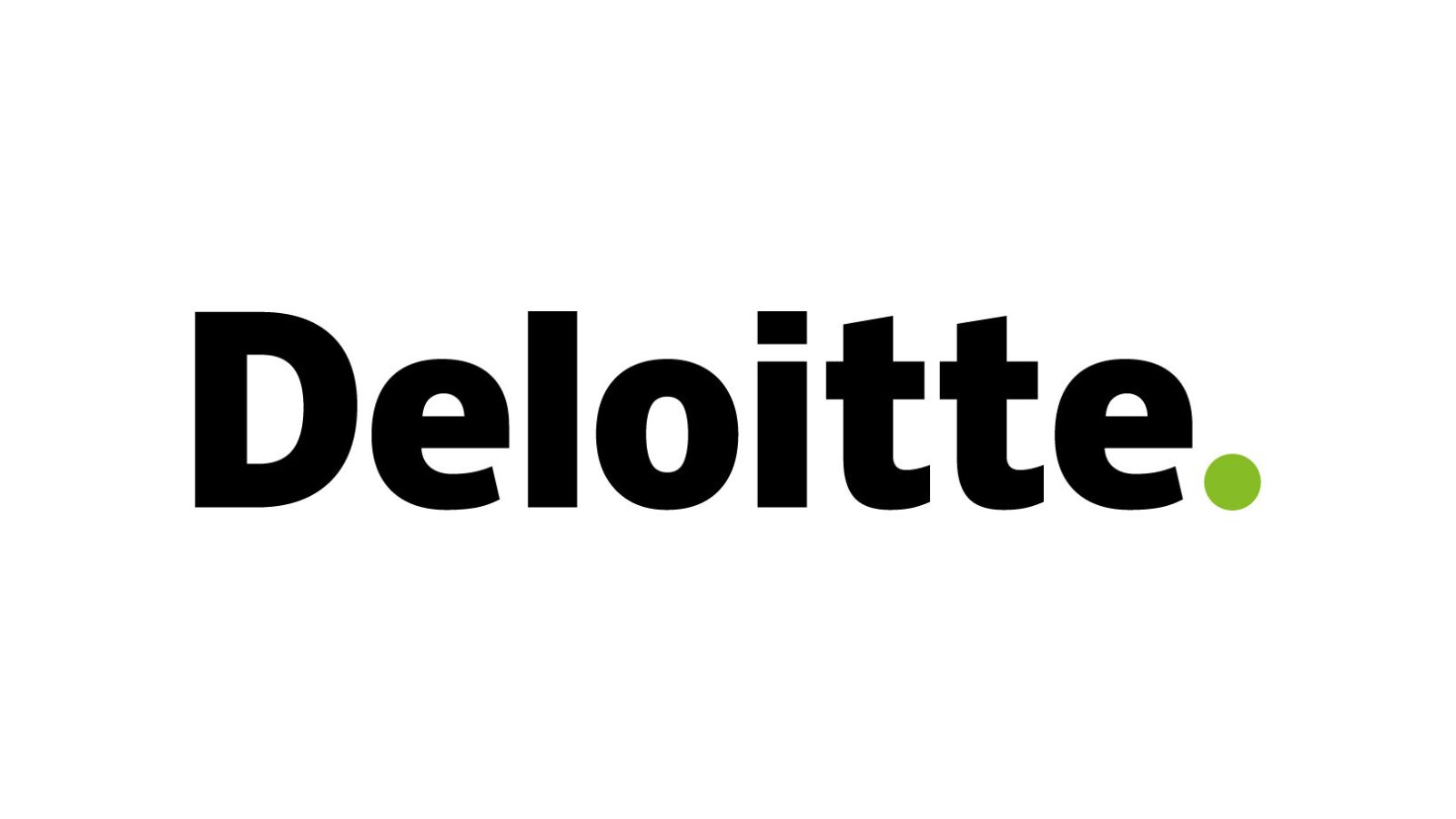
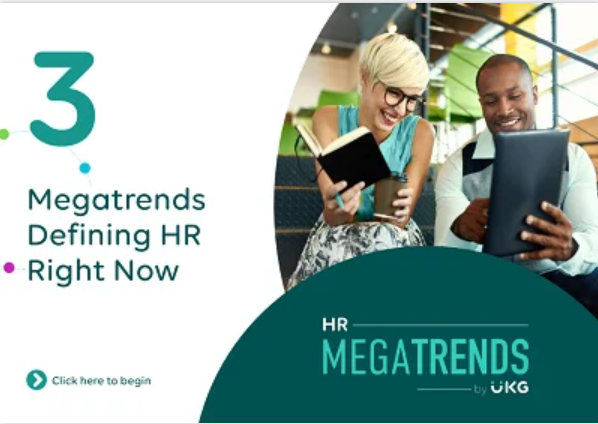
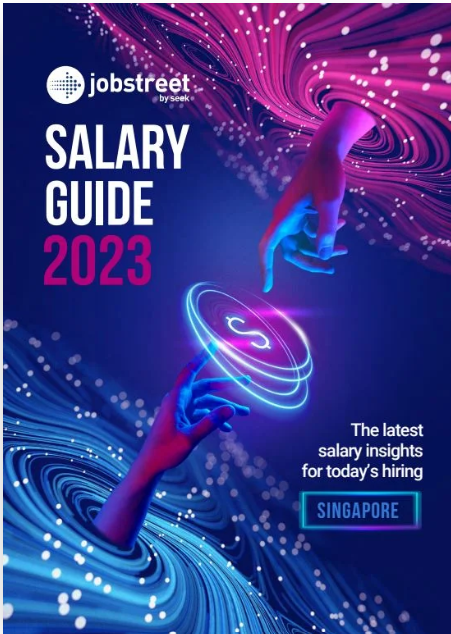
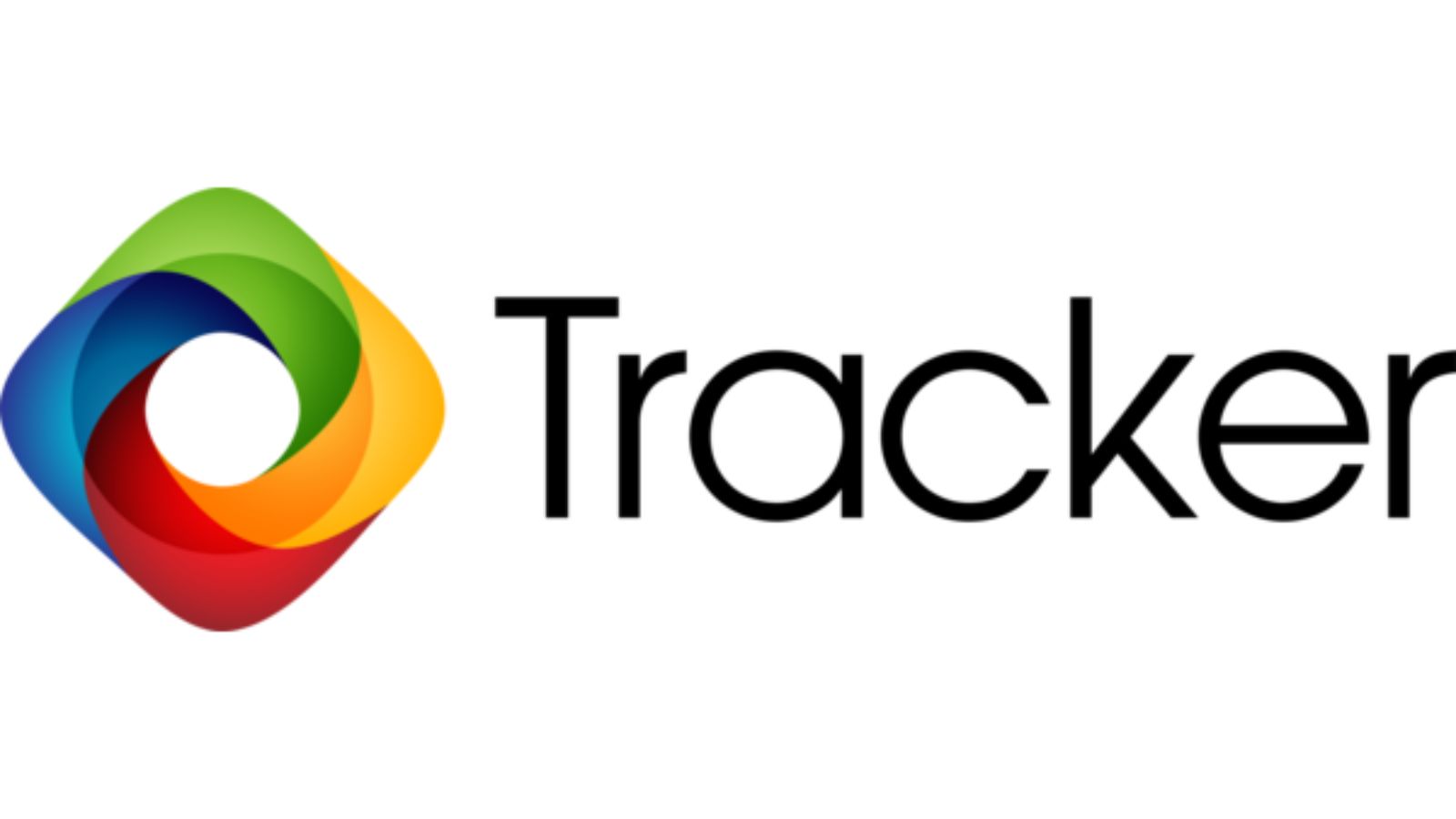
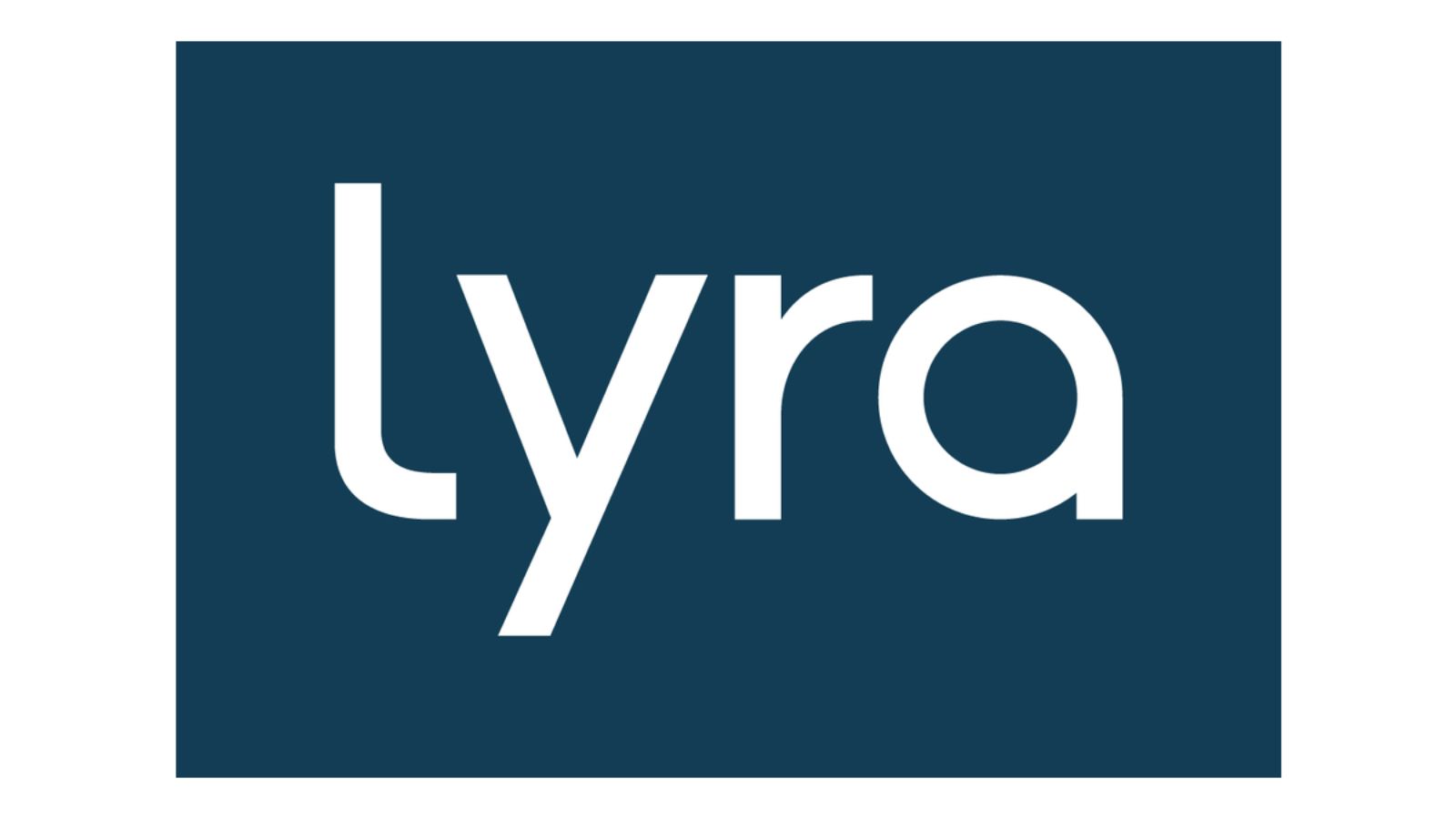

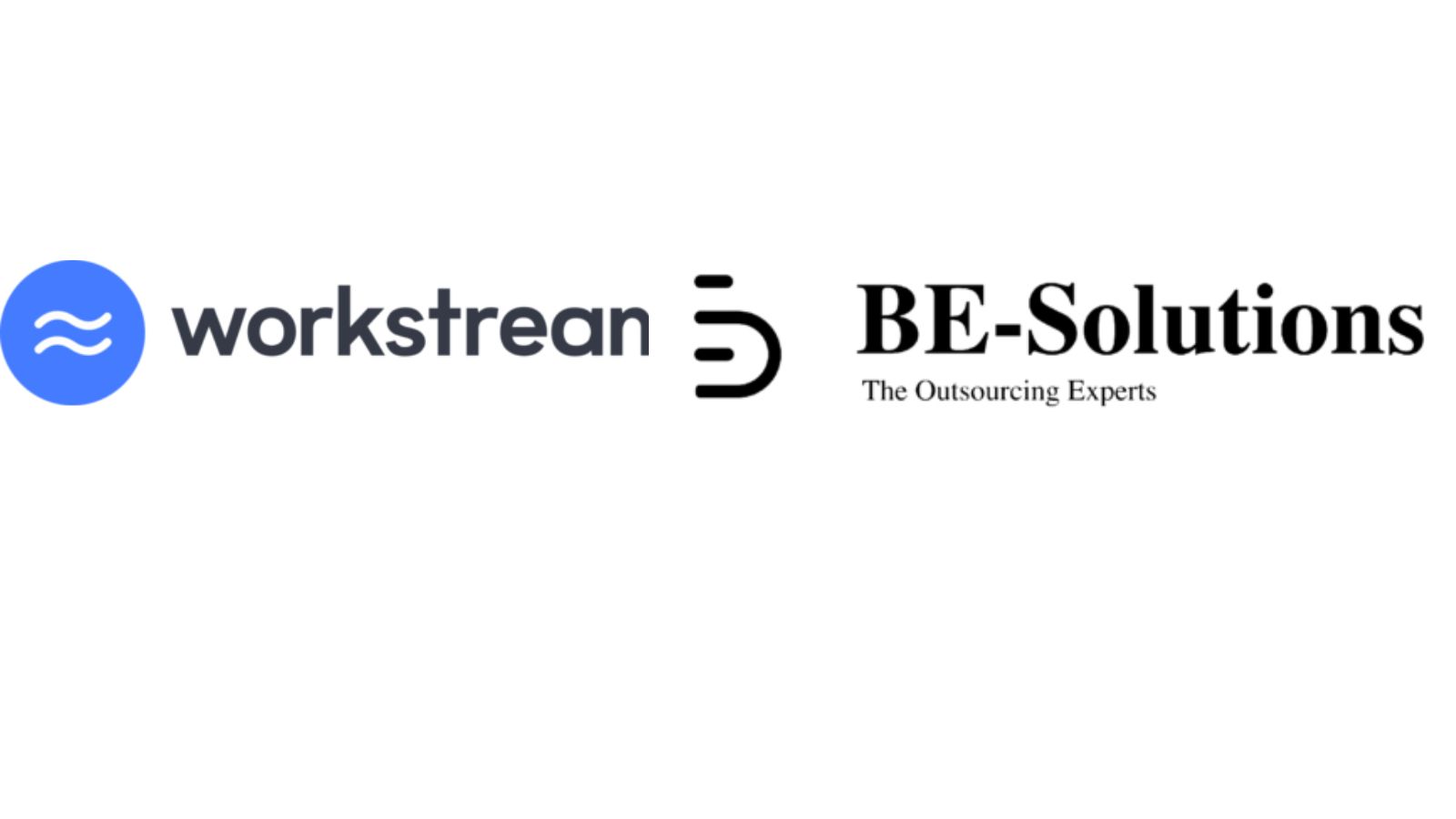
Leave a Reply